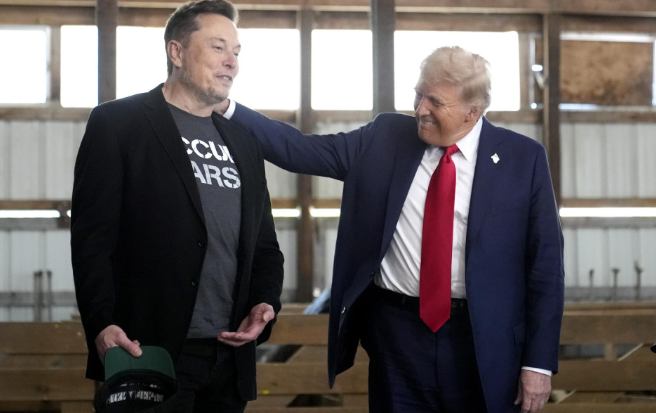[ad_1]
WASHINGTON (Reuters) – Congressional Republicans are ramping up discussions on overhauling the U.S. tax code that a prominent Republican anti-tax advocate said on Wednesday will produce a bill by September that will include a hefty corporate tax cut.
Grover Norquist, head of the anti-tax Americans for Tax Reform and a lobbyist who is close to Republican leaders, said a “Big Six” group of Republican tax decision-makers was targeting the end of this month for producing a basic framework for a bill that would be introduced in September.
“The House, the White House and the Senate have been meeting for a couple months. They’ll have a package in September,” said Norquist, a conservative tax and small-government activist who has met with Big Six members.
The group was to meet on Wednesday evening.
Central to the discussion on corporate taxes is the 35 percent corporate income tax rate, how much it can be cut and whether a cut can be made permanent. The White House wants to slash the rate to 15 percent for seven years, while congressional Republicans are trying to settle on a permanent rate that does not increase the deficit.
President Donald Trump and his representatives on the Big Six – Treasury Secretary Steven Mnuchin and National Economic Council Director Gary Cohn – are “really excited about the 15 percent rate” for corporations, Norquist said.
The congressional Big Six members are Senate Majority Leader Mitch McConnell, House of Representatives Speaker Paul Ryan and the Republican chairs of the two tax-writing committees, Representative Kevin Brady and Senator Orrin Hatch.
Norquist has played a key role in tax negotiations in Washington for years.
Trump is also insisting on lowering the tax rate for pass-through businesses, now taxed at the top individual tax code rate, to 15 percent, Norquist said.
On individual taxes, the White House on Thursday underscored Trump’s commitment to simplifying the tax code and cutting taxes for the middle class. “The president is looking and prioritizing middle-class tax relief. He’s made no secret about that,” White House spokeswoman Sarah Sanders said.
The Big Six agree that Trump’s 15 percent corporate rate cannot be achieved on a permanent basis without also adding to the federal deficit, administration officials said.
Such a steep tax rate cut would mean a revenue loss of more than $2 trillion over a decade, independent analysts say.
To solve the deficit issue, the White House is open to making the 15 percent rate temporary, with an expiration in seven years, Norquist said. That would conflict with Republicans in Congress who want a permanent tax overhaul, but it would ensure rates would not have to be renewed during Trump’s presidency.
Mnuchin said on Wednesday morning that the administration would be “sensitive to increasing the debt.”
“We are very close to releasing a detailed plan and I can assure you that we believe that that detailed plan will be responsible on the impact on the economy and the cost to the debt,” he said.
Under current law, companies adhere to complex depreciation schedules for how long it takes for equipment to wear out and lose value.
Business groups have called for “100 percent expensing,” a policy that would let companies write off the entire price of equipment in the year of purchase. Former President Barack Obama pushed for temporary 100 percent expensing as a economic stimulus to help reverse the recession when he took office.
The White House is considering a three-year window to allow 100 percent expensing, Norquist said. After the three years, the rate would return to 50 percent, which is the current law.
Reporting by Ginger Gibson; Editing by Chris Sanders, Kevin Drawbaugh and Dan Grebler
[ad_2]
Source link






Leave a Reply